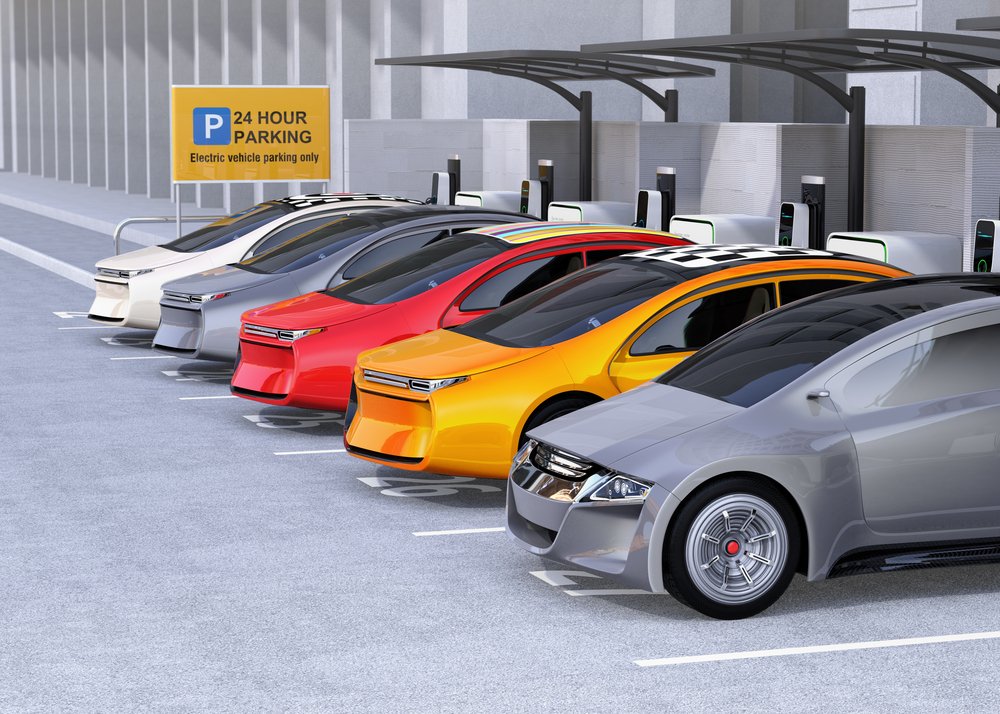Canada shows growing momentum for EVs
Share
Share

Canada’s electric vehicle (EV) market is gaining traction, but significant hurdles in infrastructure and consumer incentives threaten to stall progress, warned a new report.
Globally, the demand for EVs has plateaued in key markets, including the U.S. and much of Western Europe, according to EY’s 2024 Mobility Consumer Index. This slowdown is attributed to geopolitical and economic factors, as well as shifting consumer attitudes.
It noted that these regions are seeing initial excitement for EVs wane as practical issues such as affordability, inadequate charging infrastructure, and concerns over battery longevity come to the forefront.
But not so much in Canada as EV sales grow. But there are risks due to slow infrastructure development and insufficient consumer incentives.
The comprehensive survey by EY showed that while the number of EV models available to Canadians has surged and automakers have pledged $25 billion in new investments, primarily in EV assembly and the battery supply chain, persistent issues like range anxiety, high purchase prices and inadequate charging infrastructure continue to deter many potential buyers.
In Canada, a significant portion of consumers (66 per cent) remain hesitant to consider an EV for their next vehicle purchase, citing range anxiety, purchase price and lack of charging infrastructure as primary barriers.
To address these issues, a comprehensive national effort is required to build infrastructure and improve EV readiness, EY stated.
The global EV market’s growth has decelerated from 37 per cent year-on-year in 2022 to 29.7 per cent in 2023, with further decline expected in 2024. The slowdown is more pronounced for battery electric vehicles (BEVs), with sales growth halving from 65 per cent in 2022 to 32 per cent in 2023. Contributing factors include a lack of affordable models, range anxiety, charging time, poor availability of charging infrastructure, fear of high maintenance costs and concerns over resale value.
To reignite growth in the EV market, a strategic focus on infrastructure and value is essential, EY observed. Governments and industry players must collaborate to address these barriers and create a more favourable environment for EV adoption. This includes investing in charging infrastructure, offering consumer incentives, and promoting the benefits of EVs to mainstream consumers.
Image credit: Depositphotos.com
Leave a Reply